

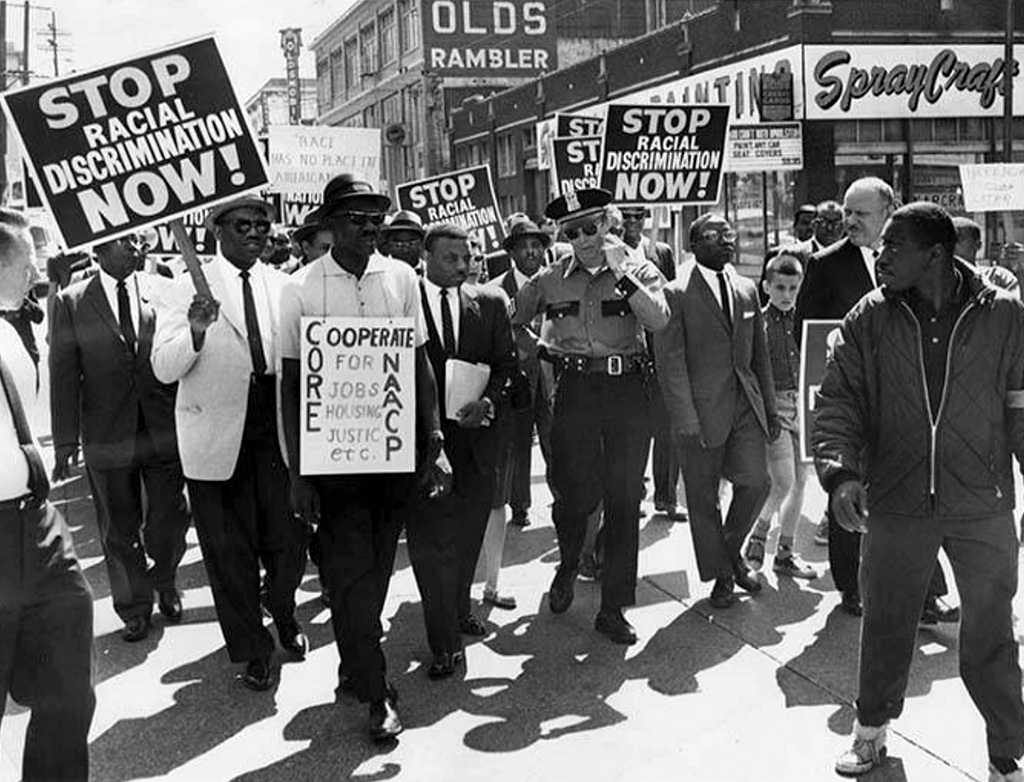
Rahul Gandhi, leader of the opposition in the Lok Sabha, has launched a new White T-shirt Movement to highlight the growing inequality in the country. He has accused the Modi government of neglecting the poor and the working class. The movement calls for the youth and working class to join and raise their voice for their rights and justice. The white t-shirt is a symbol of compassion, unity, non-violence, equality, and progress, and aims to bridge divides and build a cohesive, equitable nation.
White T-Shirt Movement: A Crusade for Equality in India
Amidst rising concerns over economic disparity and social injustice, the White T-Shirt Movement has emerged as a potent symbol of resistance and a call for change in India. Led by Rahul Gandhi, the leader of the opposition in the Lok Sabha, the movement aims to highlight the plight of the marginalized and advocate for their rights.
Background:
India has long grappled with deep-rooted inequalities, with the gap between the rich and the poor widening over the years. According to the Oxfam India Inequality Report 2022, the richest 1% of the population own 40.5% of the country's wealth, while the bottom 50% own a mere 3%. This inequality has been exacerbated by government policies that have favored the wealthy and corporates, while neglecting the needs of the working class and the poor.
Genesis of the White T-Shirt Movement:
Recognizing the urgent need to address this growing divide, Rahul Gandhi launched the White T-shirt Movement on October 16, 2022. The movement draws inspiration from the historic civil rights movements around the world that have used symbolic dress as a form of protest.
The white t-shirt, a symbol of purity, is intended to represent "compassion, unity, non-violence, equality, and progress." Gandhi has urged the youth and working class to don white t-shirts and join the movement, raising their voices for their rights and justice.
Objectives of the Movement:
Top 5 FAQs
1. Why is the White T-shirt Movement important?
The White T-shirt Movement is important because it sheds light on the persistent inequality that plagues India. It gives voice to the marginalized and demands accountability from the government.
2. How can people participate in the movement?
Anyone can participate in the White T-shirt Movement by wearing a white t-shirt and joining the protests and rallies organized by the Indian National Congress.
3. What is the government's response to the movement?
The government has dismissed the movement as a political gimmick and denied the allegations of economic inequality.
4. What are the potential outcomes of the movement?
The White T-shirt Movement has the potential to raise awareness, galvanize public opinion, and pressure the government to take action to address inequality.
5. Is the White T-shirt Movement similar to past protests in India?
The White T-shirt Movement draws inspiration from the Chipko Movement (1970s) and the Anti-Apartheid Movement in South Africa (1950s-1990s), where symbolic attire was used as a powerful tool of protest.
Conclusion:
The White T-Shirt Movement is a powerful symbol of the growing frustration and demand for change in India. It has brought the issue of inequality to the forefront of the national discourse and has the potential to trigger significant social and political transformations. As the movement continues to gain momentum, it remains to be seen whether the government will heed the call for justice and take concrete steps to address the root causes of inequality that plague the country.

In a digitized effort, Chief Minister Devendra Fadnavis transferred a grant of ₹25 crore to 560 gaushalas across the state under the Desi Cow Conservation Scheme. This first phase of the scheme will benefit over 56,000 indigenous cows for their upkeep. Fadnavis emphasized the importance of preserving indigenous cows for rural development and praised the initiative taken by the Maharashtra Goseva Commission. With lower milk productivity, these cow shelters play a vital role in providing necessary care for non-milking and unproductive cows, making the scheme a major relief for them.

Samajwadi Party chief Akhilesh Yadav criticized the BJP for taking 10 months to select a national president, while Amit Shah countered by pointing out dynastic practices among opposition parties. Reports suggest that the BJP will announce its new national president by the third week of April to replace JP Nadda. Nadda's tenure was extended until June 2024, but the new president will still be chosen after a process involving the party's 12-13 crore members.
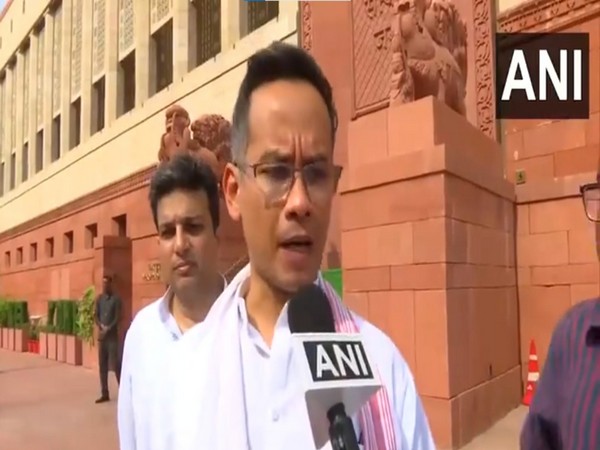
Congress MP Gaurav Gogoi vehemently opposes the Waqf amendment bill during a Lok Sabha discussion, stating that it is an attack on the foundation of Parliament and the Constitution. He also alleges that the government has ulterior motives for pushing the amendment, including diluting the Constitution, defaming minorities, dividing society, and disenfranchising the minority community. He questions the timing of the amendment and accuses the BJP-led government of restricting religious freedoms in India.
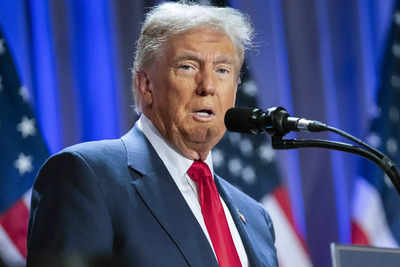
US President Donald Trump has sparked controversy by hinting at ways to stay in power beyond his second term. While the 22nd Amendment limits presidential terms to two, Trump believes there are "methods" to get around it. This raises concerns about the sanctity of democracy and the potential for abuse of power. The idea of a third term for any president has been largely rejected in American history, making this a crucial issue to watch.
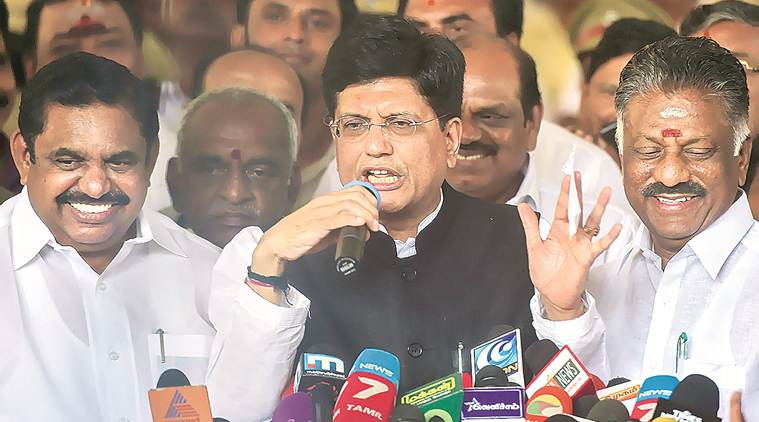
The Indian Express has reported exclusively that the BJP may ask K Annamalai to step down as the party's Tamil Nadu president, in order to avoid having both BJP and AIADMK's state election faces come from the Gounder community. This move is seen as a strategic decision to strengthen the BJP's alliance with AIADMK, as both Annamalai and AIADMK chief Edappadi K Palaniswami belong to this community. Despite his successful leadership style, Annamalai has reportedly been assured of a bright future within the party and has pledged complete loyalty.
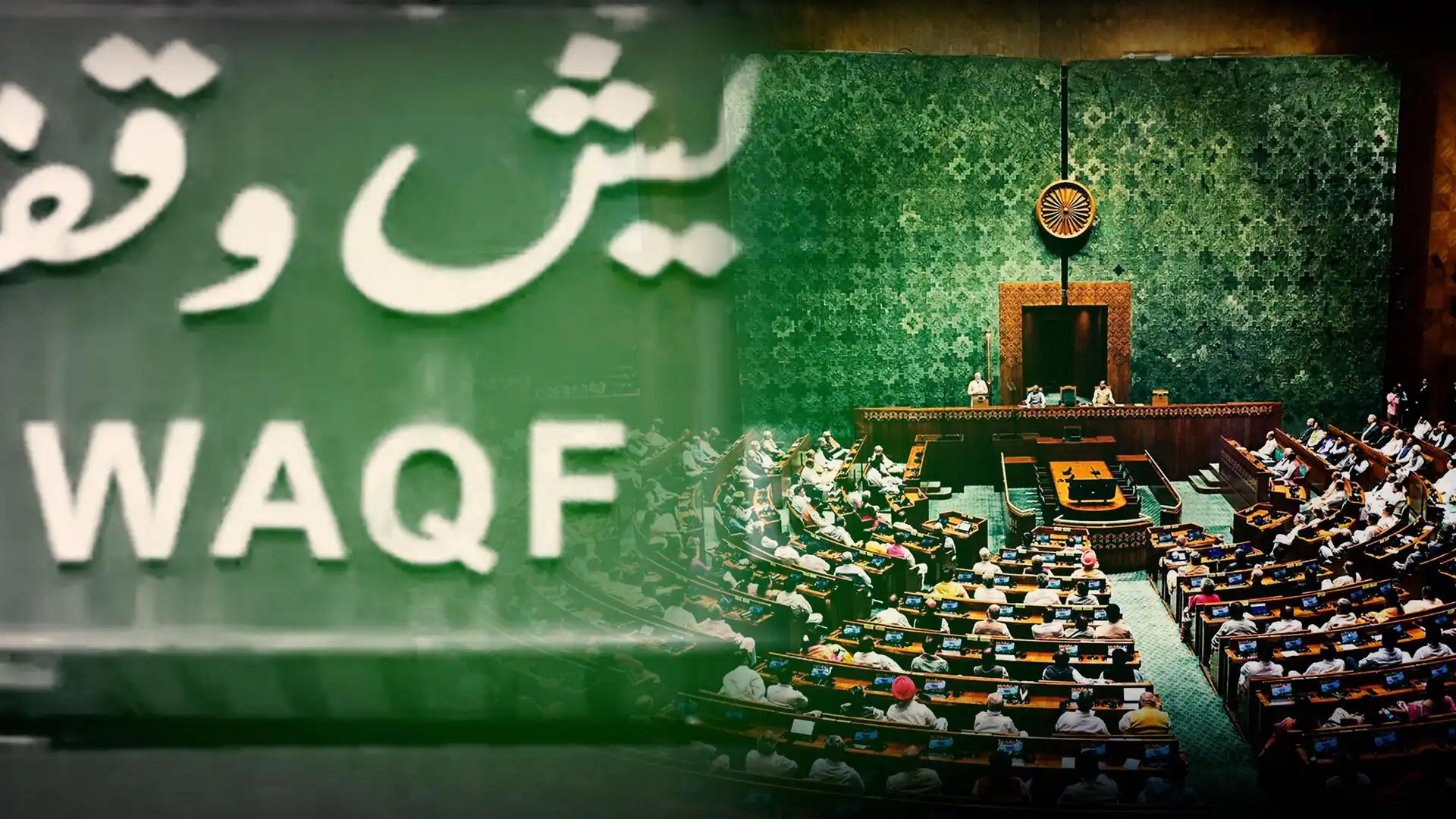
The Lok Sabha braces itself for a heated session as the Centre brings back the divisive Waqf (Amendment) Bill for consideration and passage. The eight-hour debate, agreed upon by leaders from all major parties, could be extended after taking the sense of the House. The previously introduced bill had faced backlash from the Opposition and was sent to a Joint Committee for further scrutiny, leading to clashes over proposed amendments and dissent notes being allegedly redacted. Some of the biggest points of contention include allowing non-Muslims to hold key positions in the Waqf board, giving power to the District Collector to determine ownership of disputed property, and removing the tribunal's final decision clause.

Prime Minister Narendra Modi and Chilean President Gabriel Boric Font held discussions on enhancing bilateral relations between India and Chile, particularly in the economic, commercial, and societal sectors. They also paid tribute to Mahatma Gandhi at Raj Ghat and announced the start of negotiations for a comprehensive economic partnership agreement. The Chilean President is on a five-day state visit to India, accompanied by a high-level delegation.
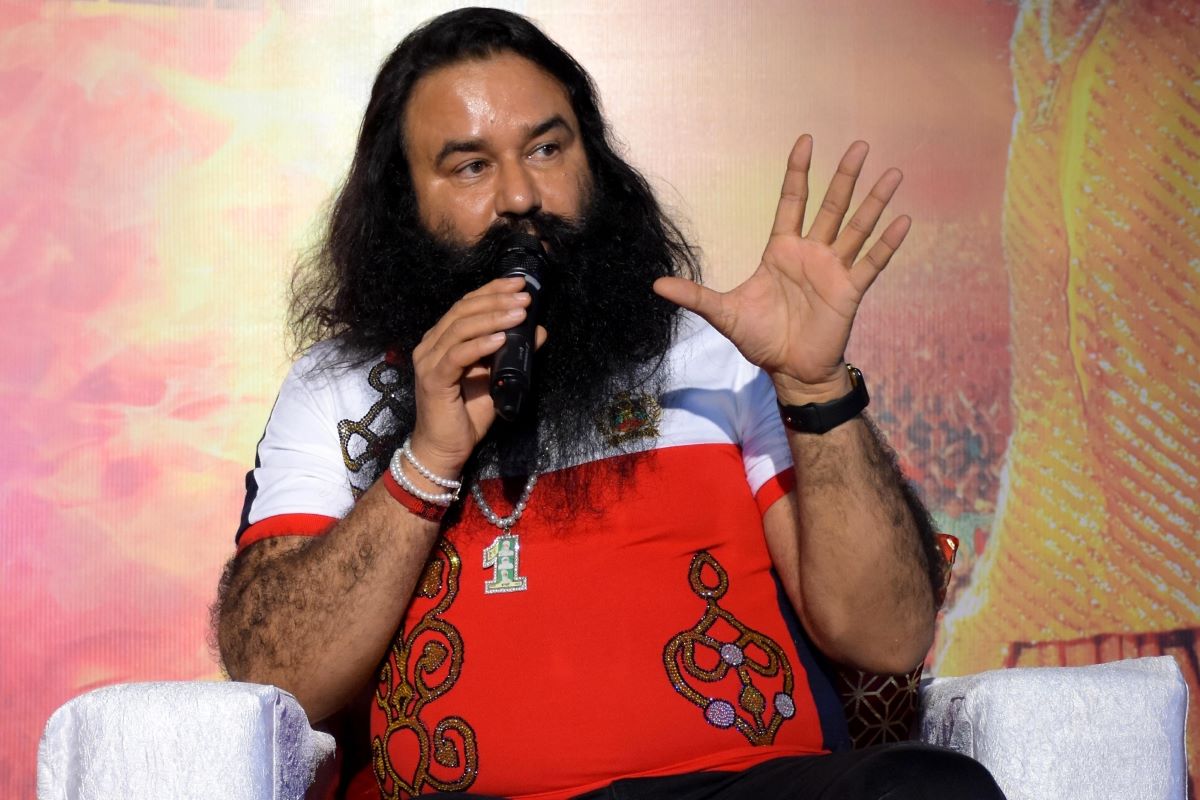
The controversial Godman, Ram Rahim, who is serving a 20-year jail sentence for rape, has been granted a 30-day parole by the Haryana government. His release coincides with the upcoming assembly elections in Delhi, raising questions about the timing of the decision. Ram Rahim's parole last year before the Haryana assembly elections was also met with criticism. With a mass following in Punjab, Uttar Pradesh, and Haryana, the parole has sparked a debate on the influence of religious leaders in politics. IBNS, an objective news agency, strives to provide factual and unbiased news without any biases or agendas.
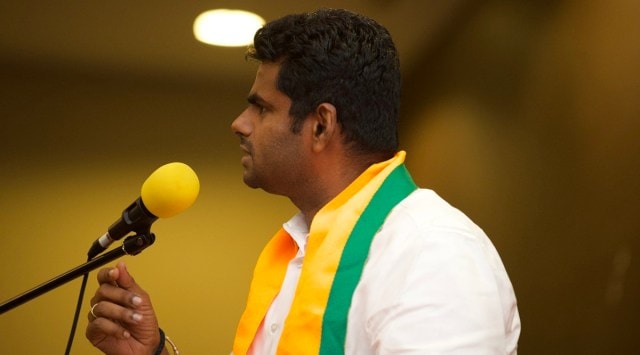
It has been speculated that K Annamalai, the current BJP Tamil Nadu president, may step down from his position as alliance talks between the BJP and AIADMK intensify. The move comes amid concerns over caste equations and the BJP's strategy to consolidate its hold beyond the western region of Tamil Nadu. Sources reveal that Annamalai has expressed complete loyalty to the party and may take on a national role or a different assignment in the state.
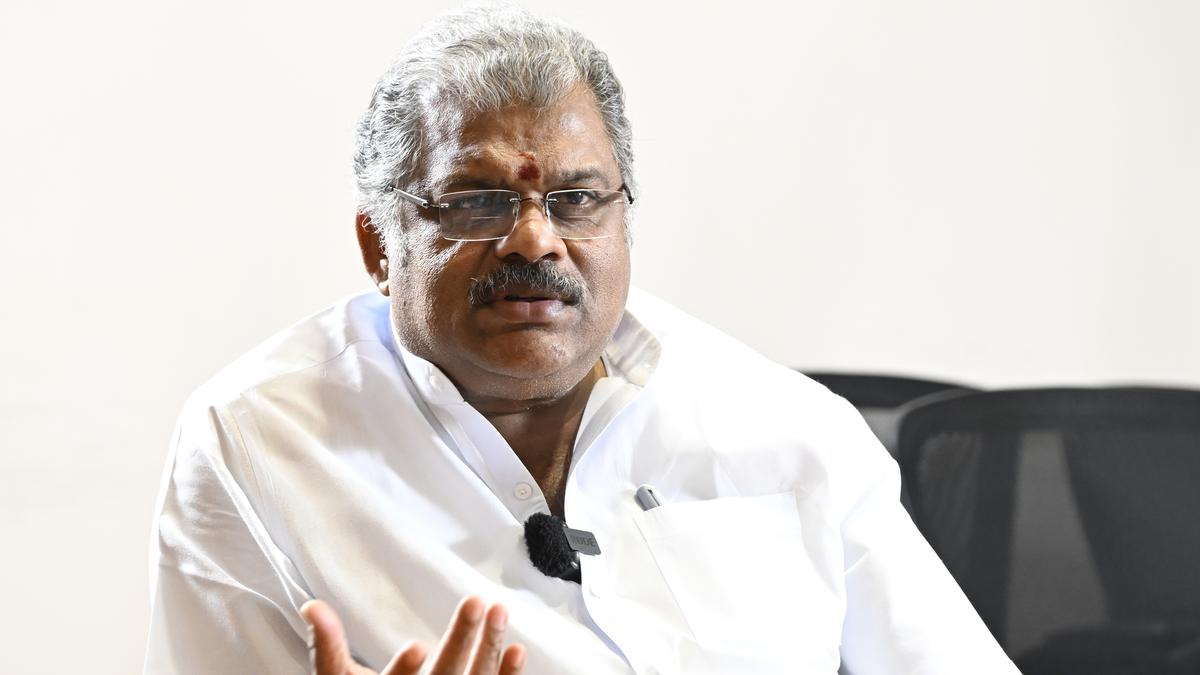
In a scathing attack, Tamil Maanila Congress leader and former Union Minister G.K. Vasan criticized the DMK government in Tamil Nadu for the deteriorating law and order situation in the state. Vasan accused the ruling party of using divisive issues to distract from their failures, corruption, and scams. He demanded a white paper on the alleged Rs 1,000-crore financial fraud involving the state-run corporation responsible for liquor sales. The Enforcement Directorate has conducted raids in connection with suspected financial irregularities, targeting the TASMAC headquarters, distilleries, and liquor contractors.